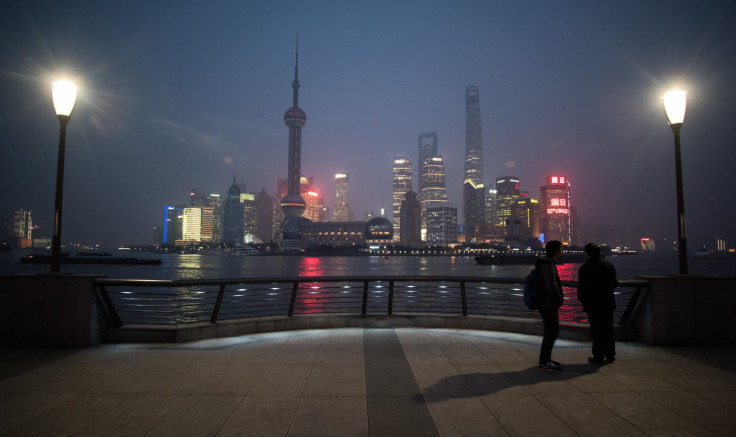Davos 2016: Geopolitics The Biggest Risk To Growth Of Global Economy

Geopolitics was the single biggest factor influencing the global economy, it emerged during a discussion on the opening day of the World Economic Forum summit in Davos, Switzerland Wednesday. The discussion under the topic of “Preventing Future Shocks” offered little, however, in terms of how the deleterious effects of geopolitics could be best handled, let alone prevented.
The panel was made up of Paul Singer, founder and CEO of Elliott Management Corporation; Martin Sorrell, CEO of WPP Plc; Min Zhu, deputy managing director at the International Monetary Fund; Harvard economist Kenneth Rogoff, who stepped in for Carlos Ghosn, the Renault-Nissan Alliance CEO who was still enroute from Zurich; and was moderated by Maria Bartiromo of Fox Business Network.
As the panel discussed the price of oil as a major factor in the global economy, Rogoff insisted that it was impossible to predict where it would be even a year or two from now. “The prices are very sensitive to a couple of million barrels,” he said, adding: “Who knows where the global economy will be in a few years, and who could soak up those couple of million barrels. There is no investment at all, it has completely collapsed in the oil sector, which will come back.”
Min mentioned shale oil production as an important factor, saying it “sets the ceiling of the oil price. I don't think oil will go back to $100 quickly.” Talking about the Organization of Petroleum Exporting Countries, he said that OPEC could “no longer set the ceiling, they can only set the bottom of the price.”
Singer mentioned the geopolitical factors of Iran being back in the mix of oil suppliers and political uncertainties in Saudi Arabia, which could cause disruptions in oil supply and volatility in prices. Talking from a more consumer-centric point of view, Sorrell said: “Oil was at $10-$11 in 2001 and we are complaining about $20 now.”
Uncertainty was another big theme in the discussion. Min said there had been a big change in consumers who were investing more in long-term savings now, instead of spending the money they saved from lower oil prices. In his view, the increased savings were a result of uncertainty as well as knowing they were going to live longer.
Min rejected the notion, put forth by both the moderator and Singer, that global stock markets had seen a meltdown in the last two weeks, and instead called it an “adjustment,” while insisting, optimistically, that the world was still seeing growth, even if it was slowing down. “There is still growth, which is very important,” Min said.
Talking about the slowdown in China, Rogoff said: “There was a myth in the market that China could never have a business cycle, and that it was a constant and perpetual growth machine.” He added that the year would see a lot of risks in emerging markets, with economies like Russia and Brazil already going through recessions.
Sorrell held the view that growth from the time before Lehman Brothers went down was not viable, and hence blew up. “I don't think it is a gloomy scenario but I think low growth is the new normal,” he said.
To a direct question from an audience member about how to prevent future shocks, the panelists all had different answers. Singer said it could be done by further deleveraging the financial system while Sorrell said the corporate sector needed to take more risks. Min held the view that in today’s interconnected world, policymakers and the corporate sector needed to act faster to increasingly volatile situations. According to Rogoff, the best thing to be done was to not amplify global problems such as climate change and migrations due to wars.
A somewhat more direct answer about how to prevent future shocks came from the same member of the audience who asked the question — he said it was down to increased international cooperation and negotiation between leaders of countries to solve global problems.
The panel, including the moderator, agreed, much like 74 percent of global CEOs surveyed by PricewaterhouseCoopers, who rated geopolitical risks as their second-biggest concern for the year, next only to the usual complaint of "overregulation."
© Copyright IBTimes 2025. All rights reserved.





















